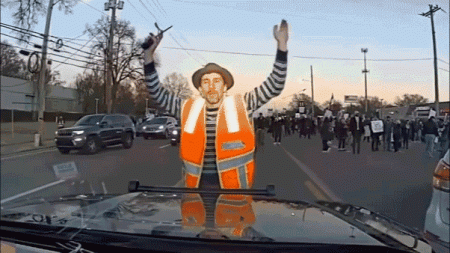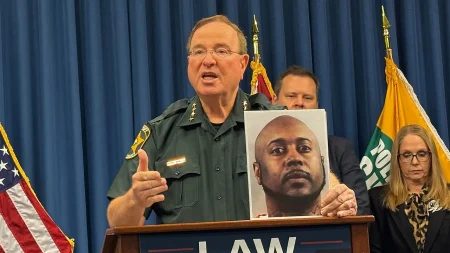The Electoral Controversy: Perspectives on Democracy in Crisis
In recent developments, serious concerns have emerged regarding an election that has prompted both international scrutiny and domestic unrest. Election monitoring organizations alongside members of the European Parliament have raised significant doubts about the integrity of the electoral process, calling into question the legitimacy of the results. These concerns have coincided with widespread protests across the country, some of which have unfortunately turned violent as citizens express their frustration with what they perceive as democratic failings.
The situation represents a critical juncture for the nation’s democratic institutions. International observers have documented irregularities in the voting process, ballot counting discrepancies, and potential voter intimidation. European Parliament representatives who were present during the election have been particularly vocal, highlighting specific instances where electoral protocols were apparently disregarded. Their statements have lent credibility to opposition claims that the election results do not accurately reflect the will of the people.
As tensions escalate, the protests have evolved from peaceful demonstrations to more confrontational encounters between citizens and security forces. The unrest reflects deeper societal divisions and a crisis of confidence in governmental institutions. Many protesters emphasize they are not merely contesting specific electoral outcomes but are defending democratic principles that they believe have been undermined through systematic manipulation of the electoral process. Community leaders have called for calm while insisting that legitimate grievances must be addressed through transparent investigation of the alleged irregularities.
The international community finds itself in a delicate position, balancing respect for sovereignty with concerns about democratic backsliding. Diplomatic missions have urged all parties to exercise restraint while advocating for independent verification of election results. Regional organizations have offered mediation services, recognizing that the stability of the entire region could be affected if the situation deteriorates further. Economic impacts have already begun to materialize as uncertainty affects investment and day-to-day commerce.
For ordinary citizens, the controversy extends beyond abstract democratic principles to tangible concerns about their future governance. Families discuss the implications over dinner tables, workers worry about economic stability, and young people question whether their voices truly matter in the political process. The crisis has prompted important conversations about the nature of democracy itself—questioning what happens when formal democratic procedures exist but their implementation falls short of ensuring genuine representation.
What happens next will likely determine the country’s democratic trajectory for years to come. All stakeholders face difficult choices: government officials must decide whether to acknowledge the concerns or dismiss them; opposition leaders must balance legitimate protest with responsible leadership; citizens must determine how far they’re willing to go to defend democratic principles; and international actors must consider what interventions, if any, are appropriate. At this critical moment, the fundamental relationship between governments and the governed is being renegotiated, with profound implications for democratic practice both within this nation and potentially beyond its borders.










